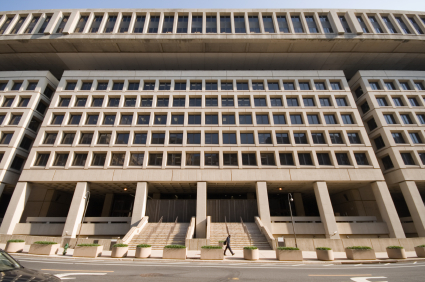This case has triggered an intense debate over whether terror suspects should stand trial before a military tribunal or civilian court. Critics of the tribunal say it allows for prosecutors to bring weaker cases to trial.
By Charlie Savage New York TimesWASHINGTON — In April 2001, seven months after the Navy destroyer Cole was bombed in Yemen, Abd al-Rahim al-Nashiri was staying at a Qaeda guesthouse in Afghanistan when he is alleged to have laid out how he had planned the whole thing.
One of those houseguests was later captured, and he told F.B.I. agents the story of those boasts and implied that he could be a star witness if Mr. Nashiri were tried for the murder of the 17 American sailors killed in the attack.
That trial is going to happen, but that witness is no longer available. Still, prosecutors may not need him. Mr. Nashiri will be tried by a military commission, and under the rules there, F.B.I. agents can simply repeat the accounts of witnesses — indirect testimony that would generally be inadmissible in a civilian court.
Mr. Nashiri’s case will be the marquee test of a new tribunal system designed to handle terrorism suspects.





